I just finished writing my daily post, and—slight spoiler—it’s about an NES game I loved when I was younger.
Looking back on it, and even though I already know this, we really live in a crazy era, with mind-blowing technology compared to just two or three decades ago.
Even if, for some things, I like to say it was better before, like Francis Cabrel, we can’t deny that technological progress has improved our daily lives.
But once again, it’s not all black or white, and having some improvements doesn’t mean we should ignore the collateral damage under the pretext of a slightly better world.
Going back to the game, it was extremely difficult. Back then, there was no ChatGPT or even the Internet to help you find the solution to a tough boss or a maze. You wanted to progress? Well, you took notes, lost, and started over. Sometimes from the very beginning of the game!
I haven’t yet tried the new game series that brings back this feeling, but when we think about our brain, it’s precisely this frustration that allows us to learn and improve. When the solution is just two copy-paste clicks away in ChatGPT, our brain isn’t being used.
We need friction for learning to take place. And with daily life becoming easier and more convenient, that friction is becoming increasingly rare.
We have to seek friction ourselves, and maybe the developers of recent difficult games—whose names escape me—have understood this, even if they haven’t necessarily linked it to our brain.
Modern neurobiology research actually started in the 19th century!
Some scholars already suspected that the brain was involved, but until quite recently, science believed that emotions were primarily centered in the heart.
I think this conclusion came from the fact that it’s extremely easy to perceive our heartbeat. We may never actually see our own heart, but we can feel it, hear it, and recognize when we’re moved because it starts racing. We can also use our breathing to calm down and lower our heart rate.
For example, yoga has long used breathing techniques because people understood, even back then, that breath could influence internal processes. They didn’t know the exact mechanisms, such as how an increased heart rate triggers neurotransmitter production.
But the connection was still made.
In just three decades, looking at video games alone, we’ve gone from the NES to the upcoming Switch 2 or PS6.
But when it comes to self-knowledge, most of us remain completely ignorant of how we function. Everything seems like magic or beyond our control.
Our brain—or more broadly, our nervous system, since our gut also plays a role in our well-being—remains a mystery. But recent studies are helping us understand its significance for our social life, mental well-being, and much more.
Some medical approaches that recommend meditation are dismissed as quackery—”That’s not real medicine.”
But taking medication, whose side effects are often poorly understood? That’s real medicine.
We now know that meditation has countless benefits for our brain and mental health.
It will take time for mentalities to change. And it will be especially difficult for those who genuinely believe they’re doing things the right way.
I once wrote a post about Dixon from Alias. I remember being deeply moved by the episode where he realizes he had been unknowingly working against all the values he held dear.
I am also convinced that there are many people like Dixon. And they will be essential to a global movement—one that considers both our planet and our own well-being.
Under the pretext of freedom, our societies deliberately create products that make us sick.
And the irony is that these are the companies generating the most profit. But perhaps it’s not irony—perhaps it’s simply the way society has evolved.
And by remaining passive, we are accepting it.
I no longer want to accept it—I’ve done that for long enough.
Accepting it has caused unnecessary suffering, even for my own parents.
We can’t go back to the past, but we can act in the present.
One Daily Tale is my way of taking action.
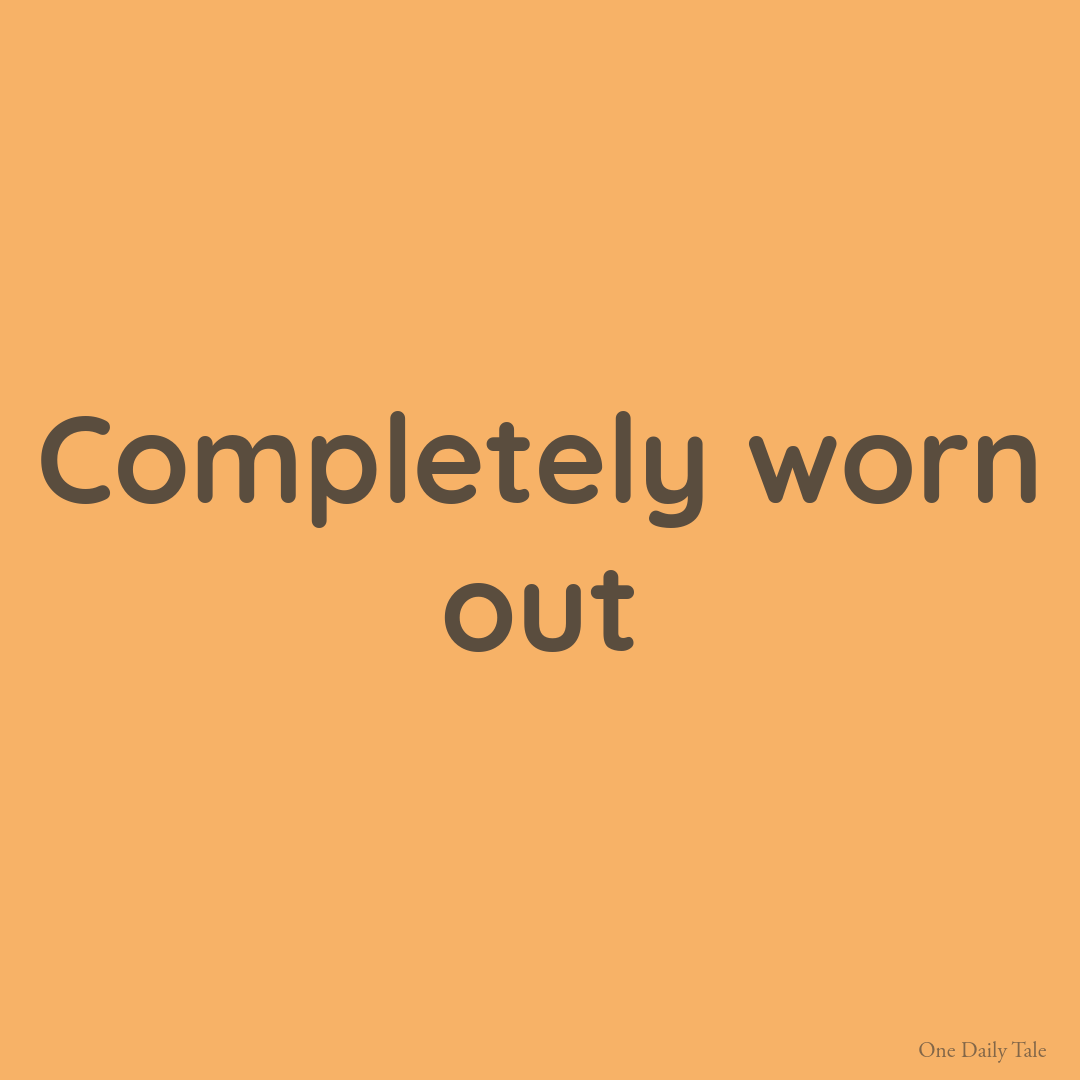
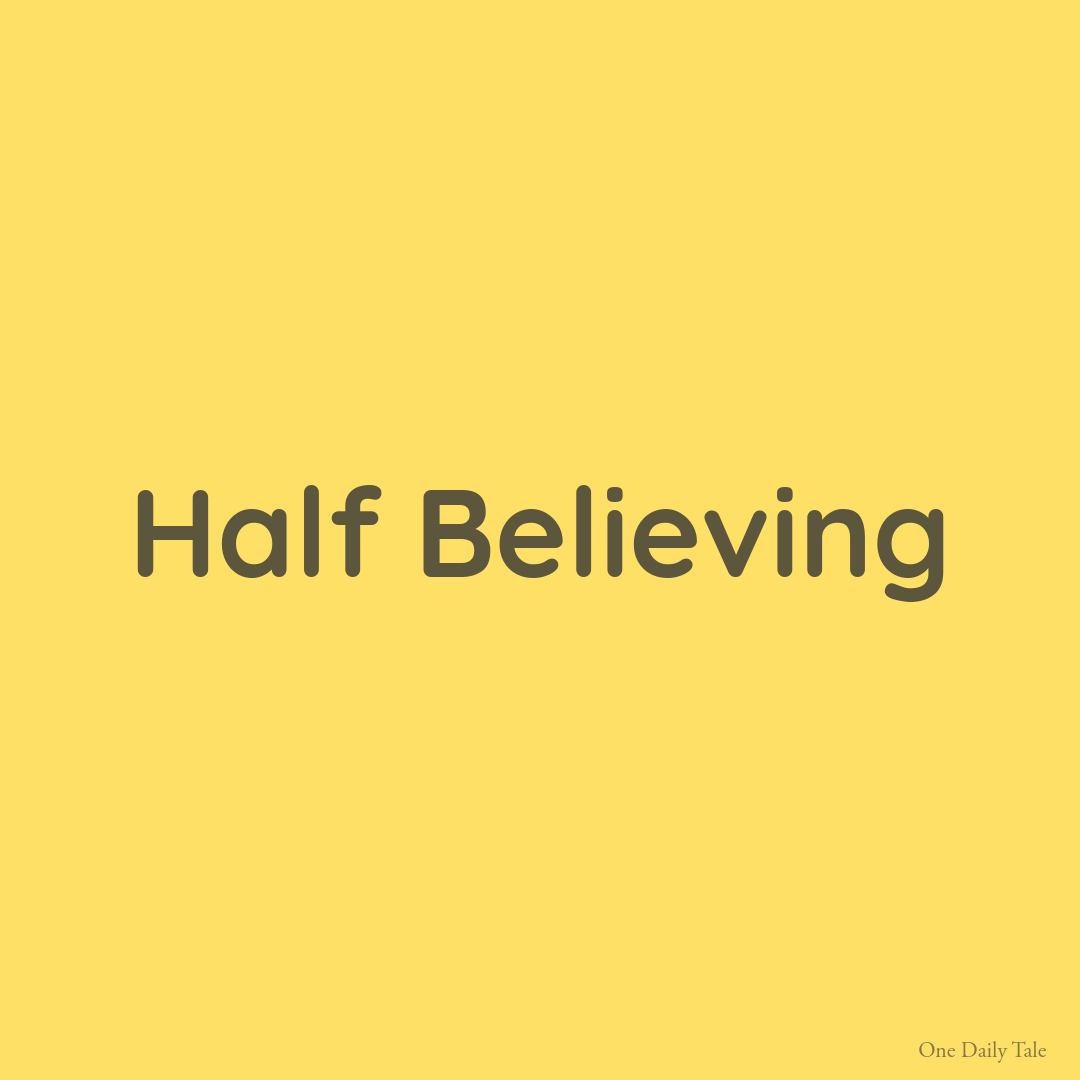
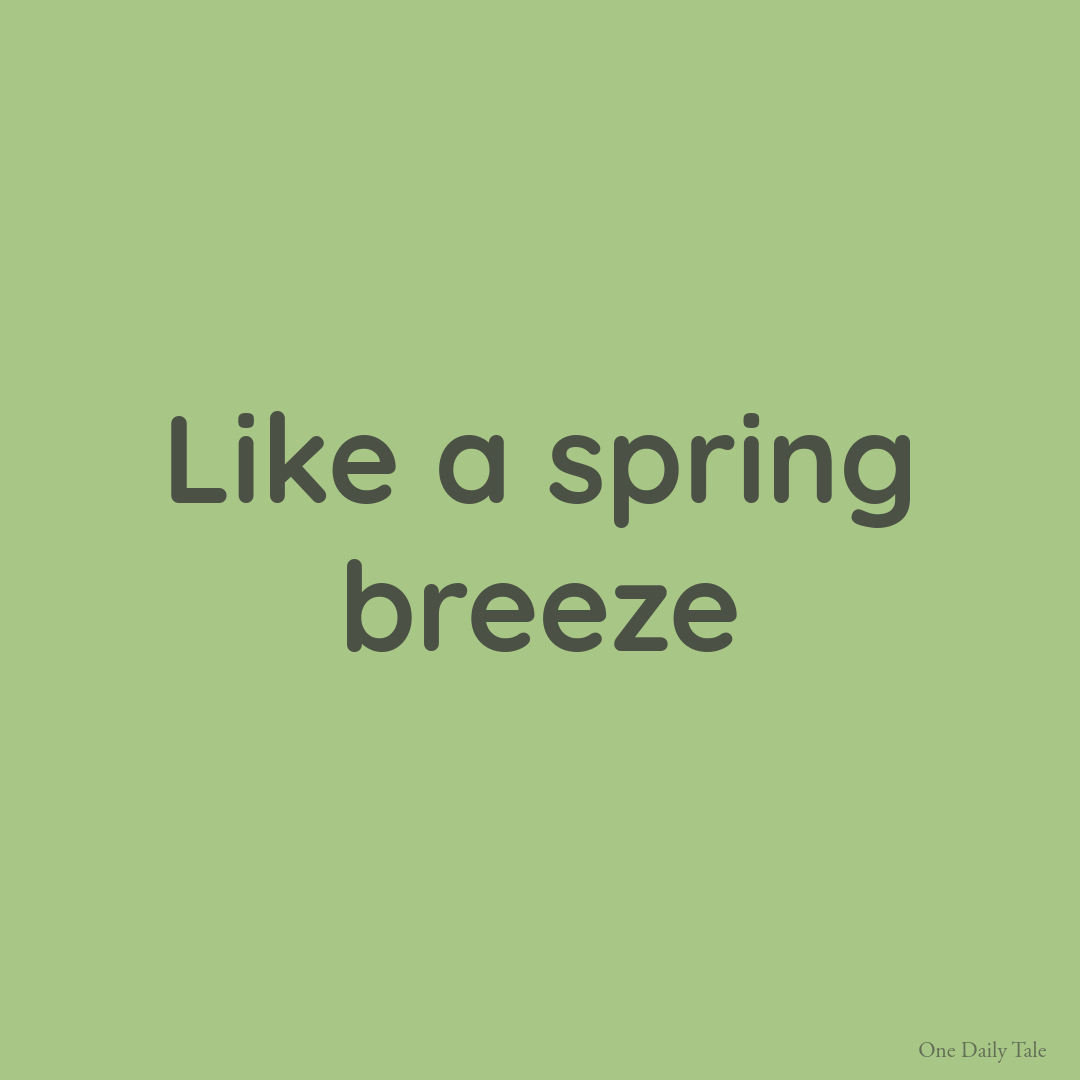
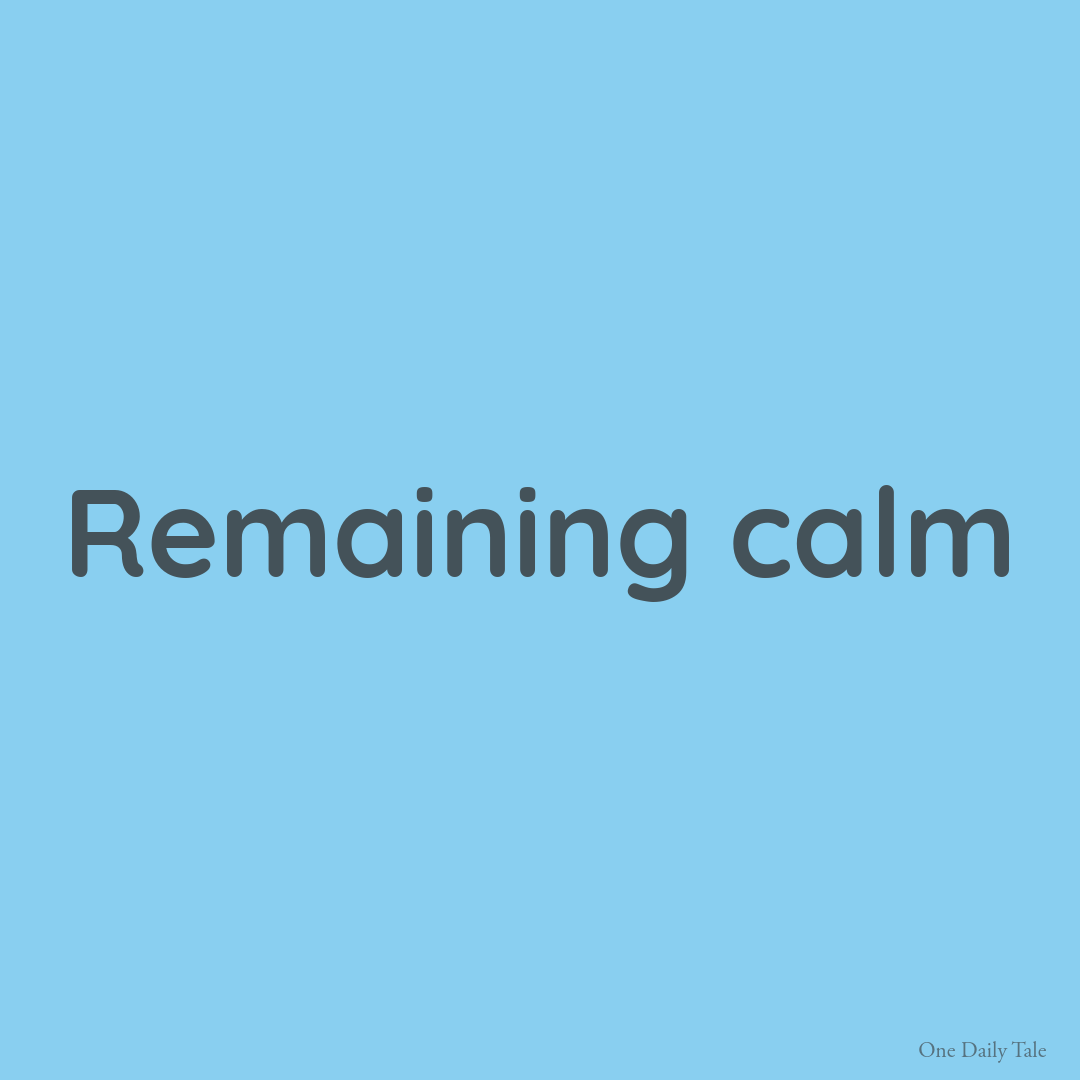
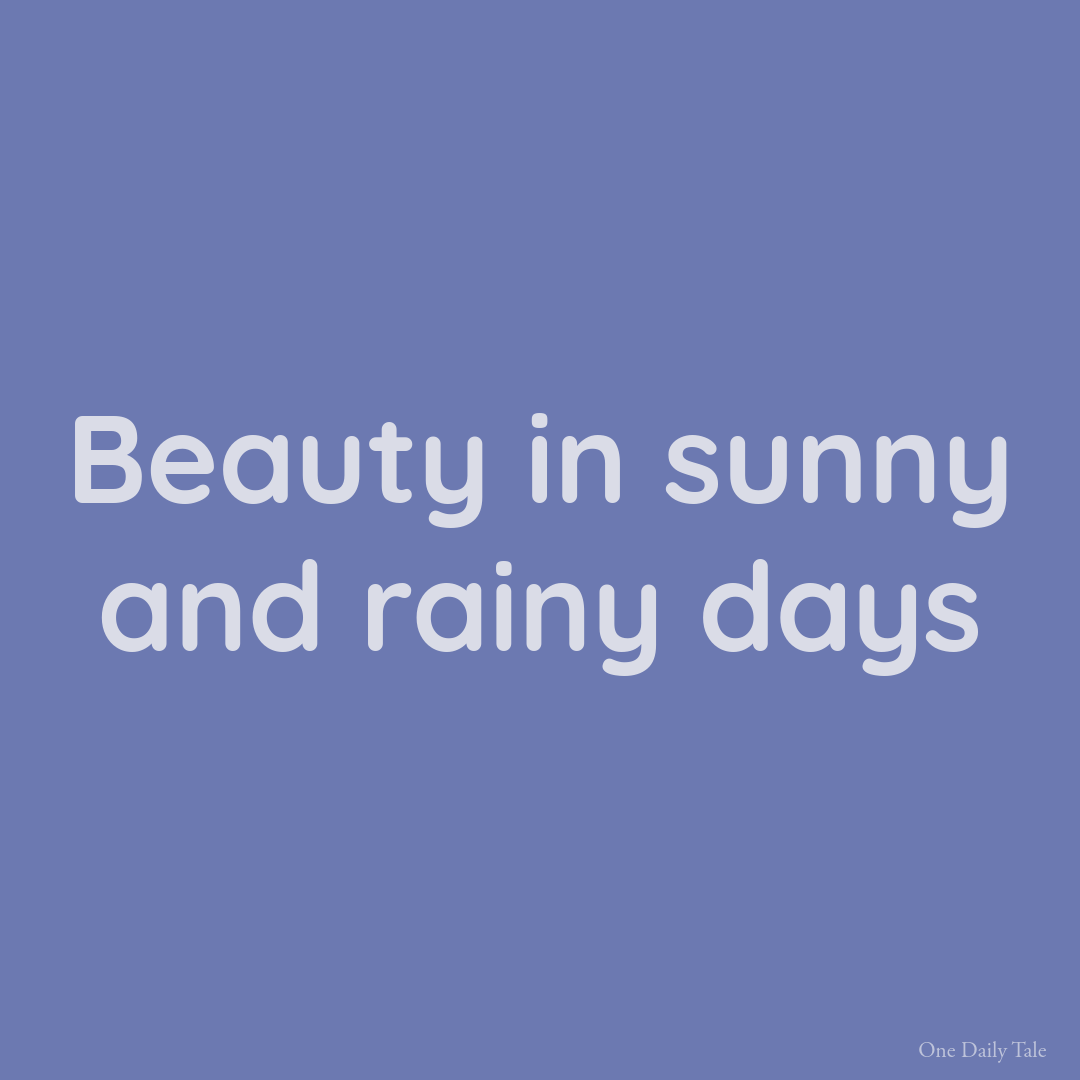
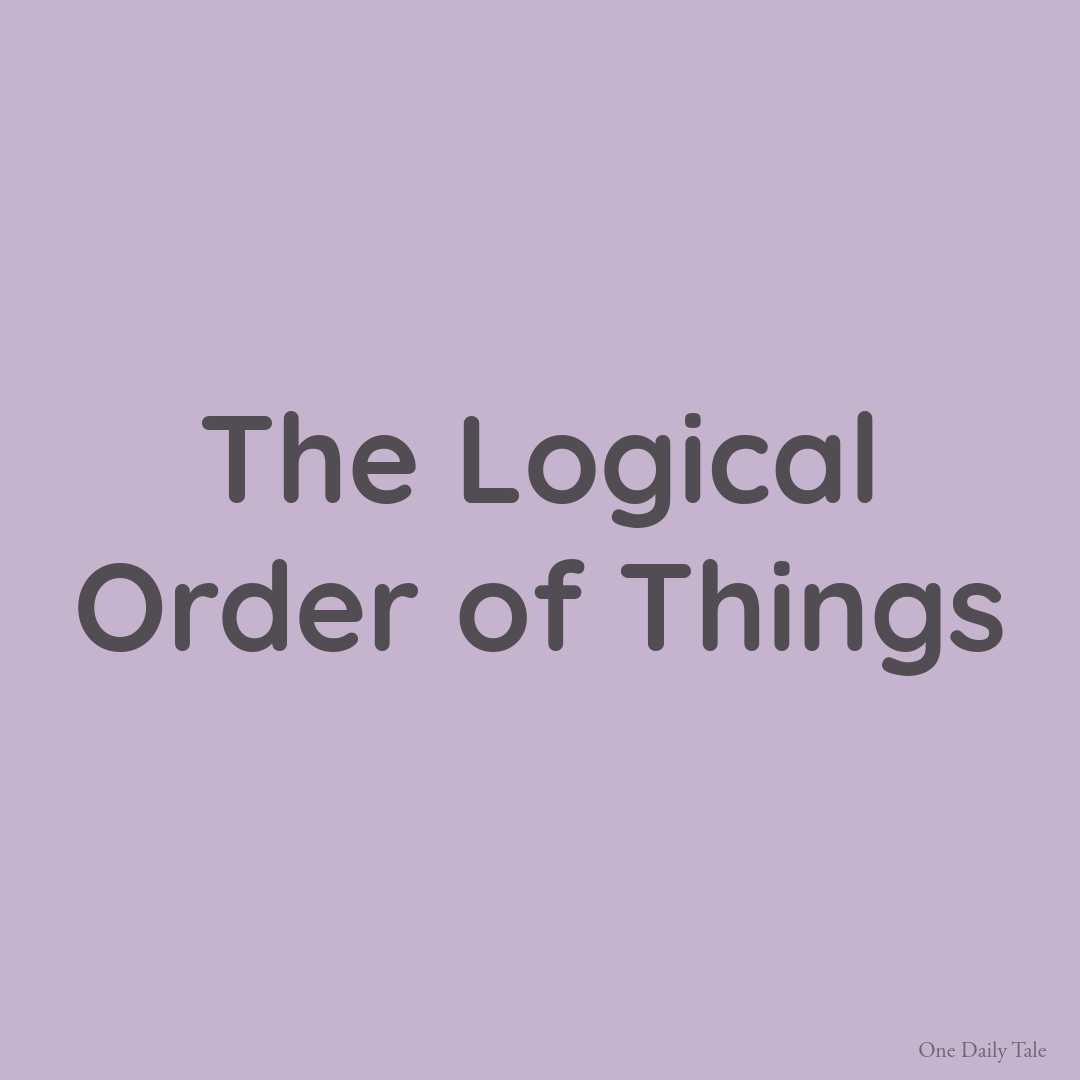
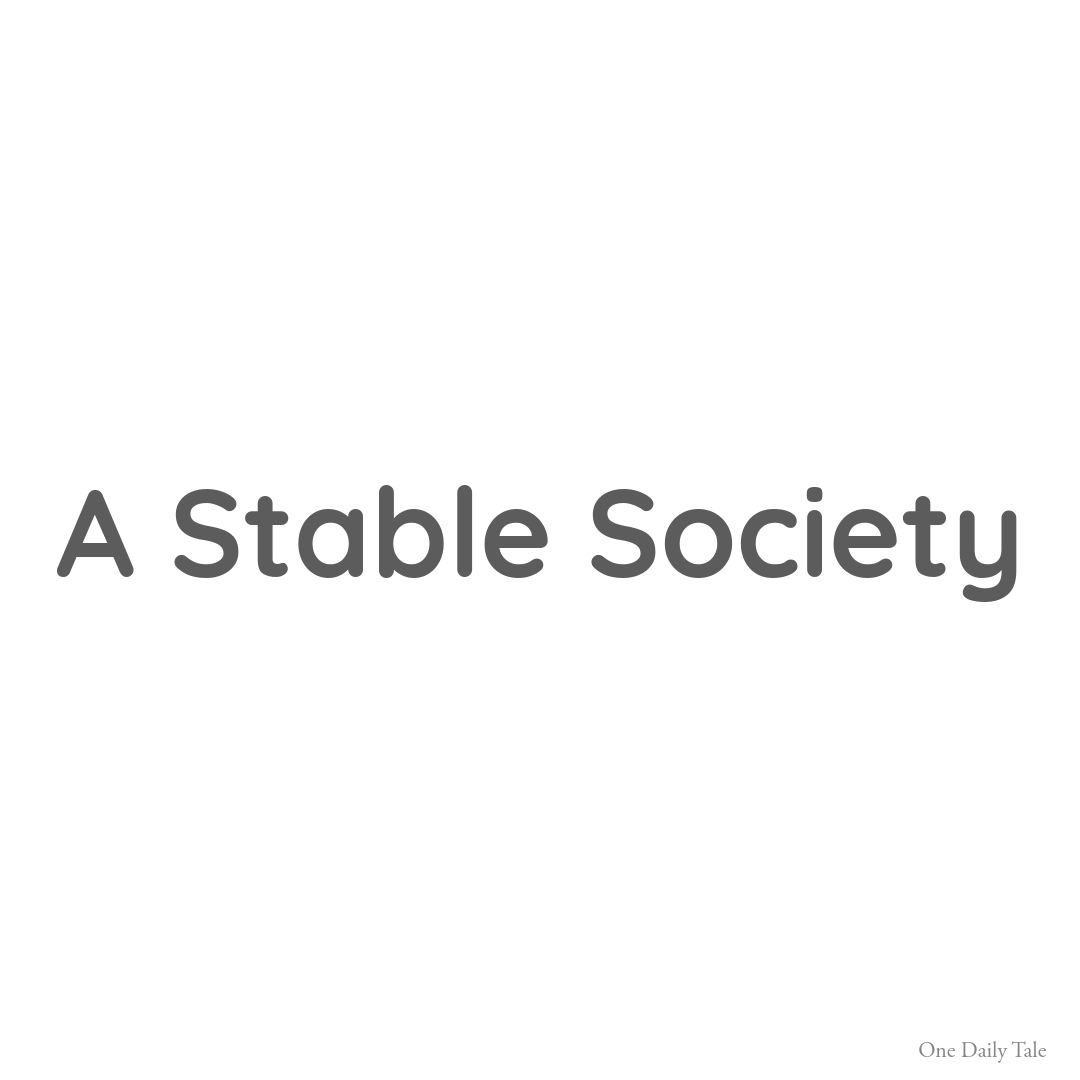
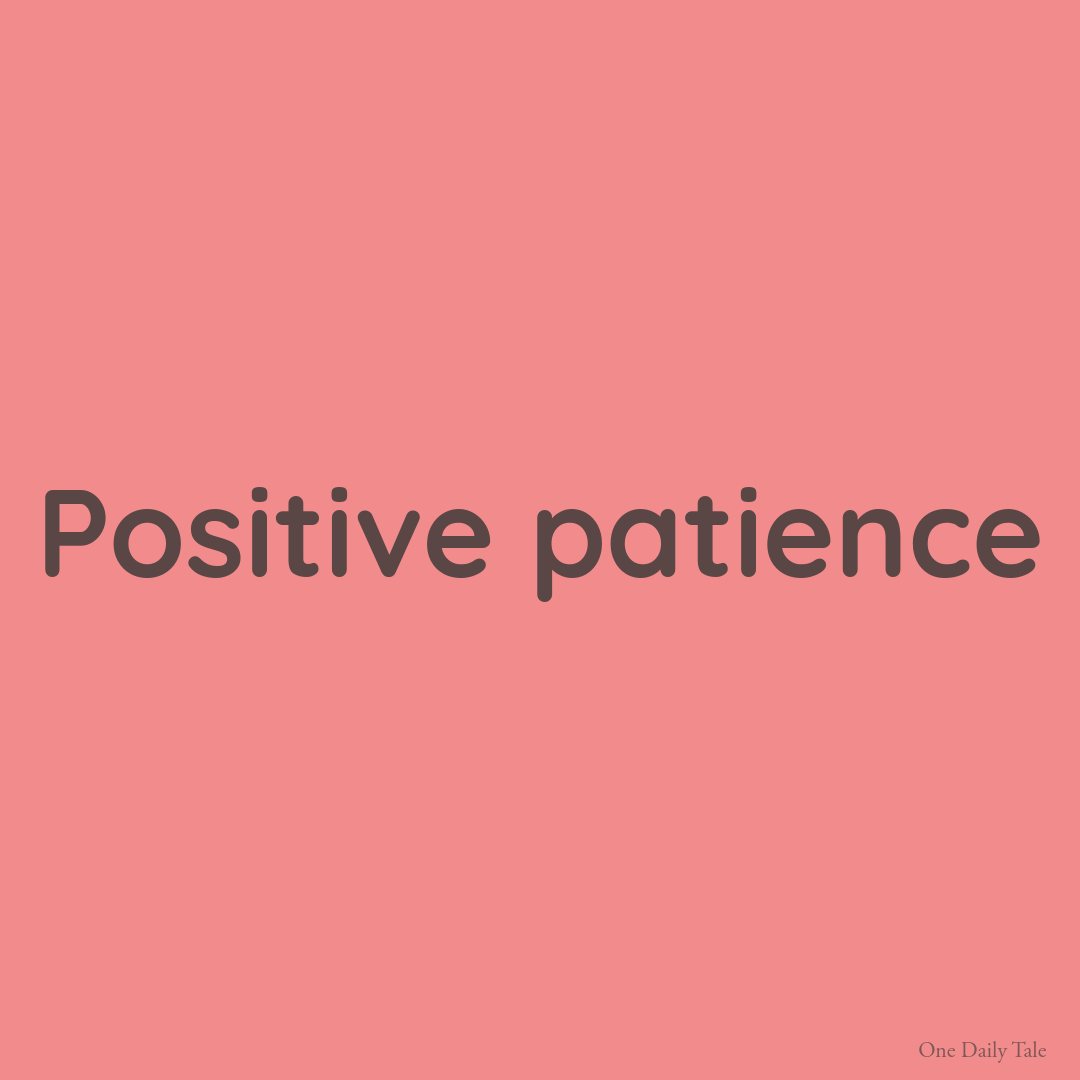
Leave a Reply
You must be logged in to post a comment.